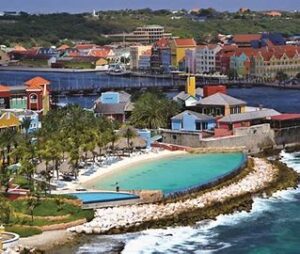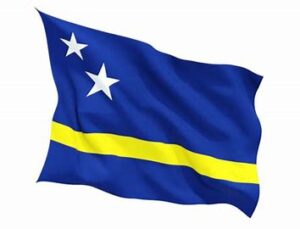Curaçao is set to overhaul its gambling regulation. Their council of Ministers has approved a new bill, which will see the country set up a new licensing regulator, to drastically reform its entire online gambling regime.
The country has been known for its low barrier to entry with little scrutiny for operators, but all that is about to change under the new approved bill. They now aim for higher barriers to entry and to liaise with other regulators in order to tackle illegal gambling, and to replace master licences.

There are four businesses currently licensed by the government. The licenses are referred to as master licenses, as each licensee can sub-license other operators on their own terms. This in essence, means that master licensed operators has more practical control, over licensing processes than the government, which is what the bill is set to change.
A new independent body set up by the government; Curaçao Gaming Authority (CGA), would be responsible for issuing licenses, for both B2C operators and B2B suppliers. Licensing fees would apply as a way for the government, to increase its direct revenue from the gambling sector.
It is reported that the B2C operators will be expected to pay a licence application fee of around €4,000, followed by a licence fee of around €12,000 per year and a €250 monthly regulatory fee, per URL. All existing sub-licensees, would be eligible to convert their sub-license into a transitional license that will be valid for 12 months.
The new licence will carry with it additional regulatory controls, which will include enhanced money laundering measures; licensees will also be required to have at least three employees, hired in key positions in its organisations, working on the island.
According to the Curaçao Finance Minister, the changes to the regulatory system might occasion operators pulling out of the market at the end of the day but that would not be an issue with the government as those who fail to meet its new standards, will not be missed.
The next step after this approval of the bill, would be further consultations on the bill and adjustments if any, before it would be presented to the Parliament for final approval, which is expected to happen, by the end of the year.






